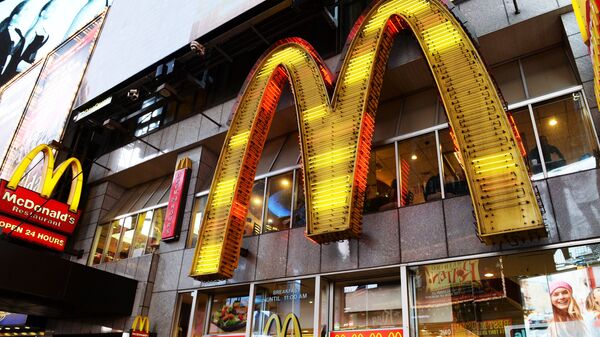"We were all surprised how much gut and fecal bacteria there was on the touch screen machines," said Dr. Paul Matawele, senior lecturer in microbiology at London Metropolitan University. "These cause the kind of infections that people pick up in hospitals."
Among the types of bacteria found were Enterococcus faecalis, notorious for causing infections acquired in hospitals; staphylococcus, a kind of bacteria than can cause blood poisoning and toxic shock syndrome as well as more mundane skin infections; Listeria, a foodborne illness notorious for causing miscarriages; and Proteus, which infects the kidneys and causes kidney stones.
Matawele told Metro.uk, "Seeing Staphylococcus on these machines is worrying because it is so contagious. It starts around people's noses; if they touch their nose with their fingers and then transfer it to the touch screen, someone else will get it, and if they have an open cut which it gets into, then it can be dangerous." There are also fears that some strains of staph are becoming resistant to antibiotics, he noted.
However, the US Environmental Protection Agency noted that many of these bacteria groups, including coliforms and fecal streptococci, "are used as indicators of possible sewage contamination because they are commonly found in human and animal feces" but "are generally not harmful themselves," although they can indicate the possible presence of much more worrisome bacteria and parasites.
A spokesperson for McDonald's told the Mirror Wednesday, "Our self-order screens are cleaned frequently throughout the day with a sanitizer solution," adding that "all of our restaurants also provide facilities for customers to wash their hands before eating."
A 2014 study found that only 13 percent of people wash their hands before eating, according to the Daily Mail. Matawele didn't think it was so simple as washing up, either.
"Touch screen technology is being used more and more in our daily lives, but these results show people should not eat food straight after touching them; they are unhygienic and can spread disease," he said. "Someone can be very careful about their own hygiene throughout the day, but it could all be undone by using a touch screen machine once."



